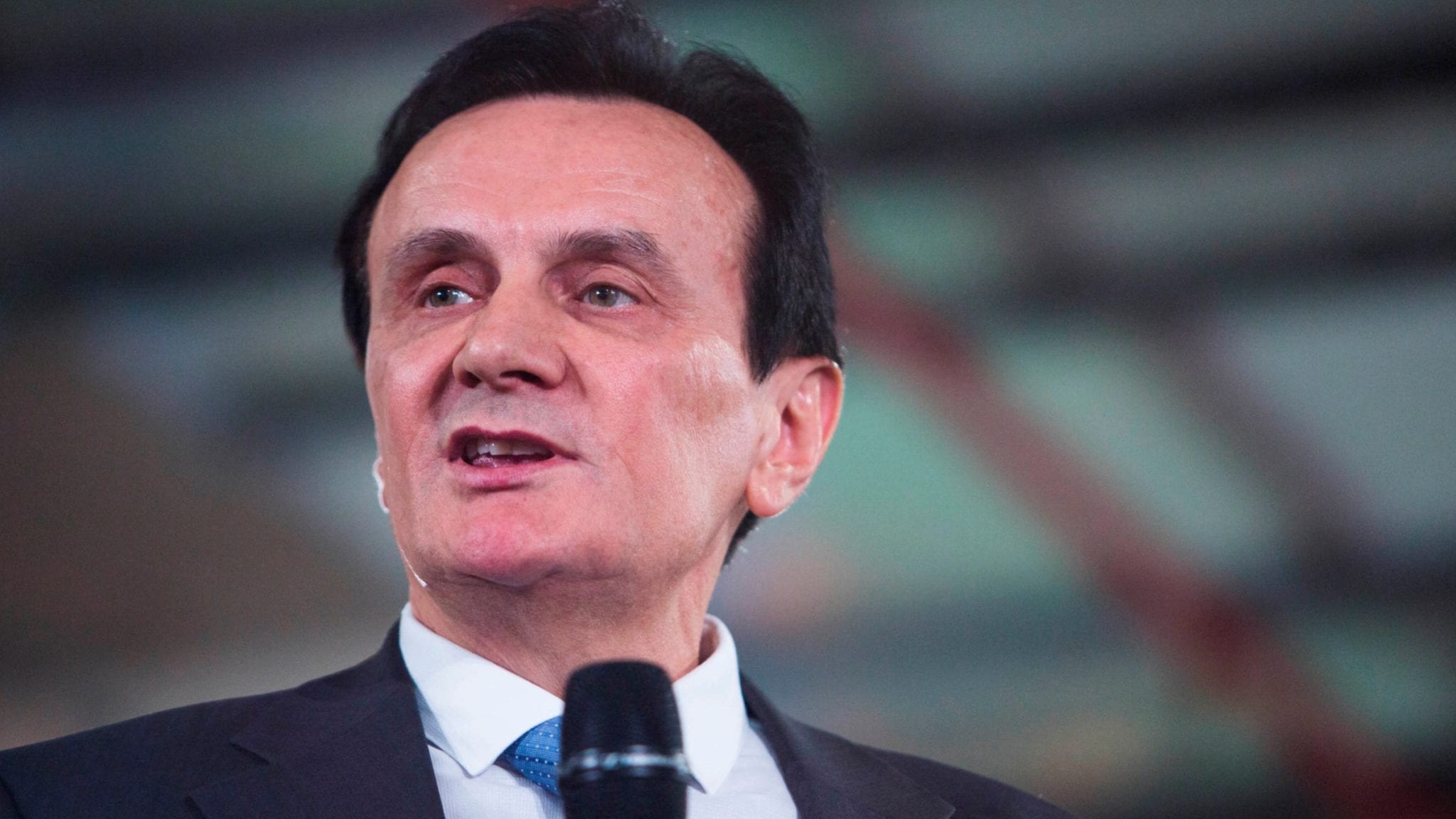
Pascal Soriot, AstraZeneca CEO (Raphael Lafargue/Abaca/Sipa USA; Sipa via AP Images)
AstraZeneca's non-profit vaccine is, for now, costing them money
For the first earnings report of the year, AstraZeneca invented a new metric: the profit they’d have if you didn’t count their Covid-19 vaccine costs …
Sign up to read this article for free.
Get free access to a limited number of articles, plus choose newsletters to get straight to your inbox.